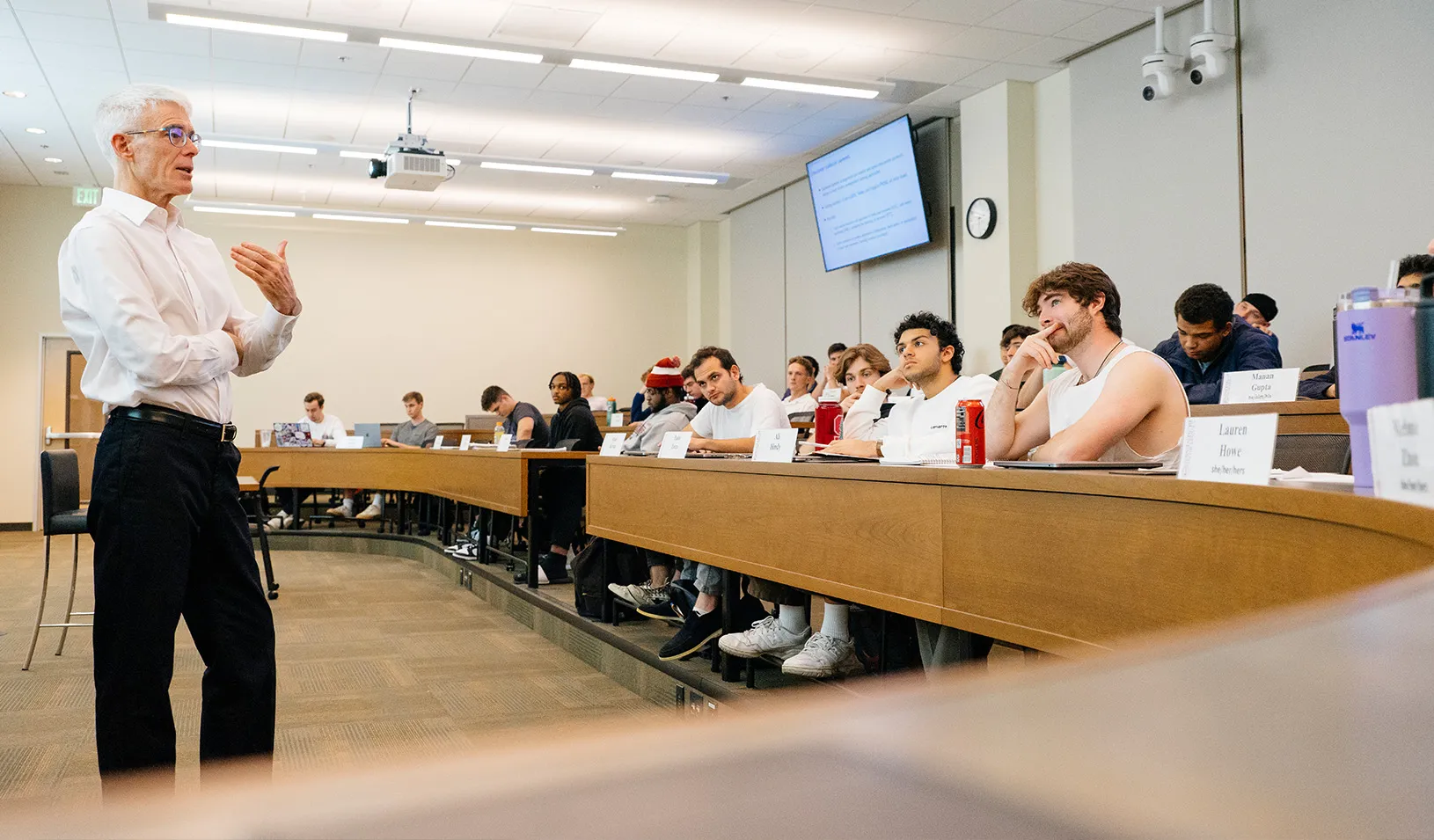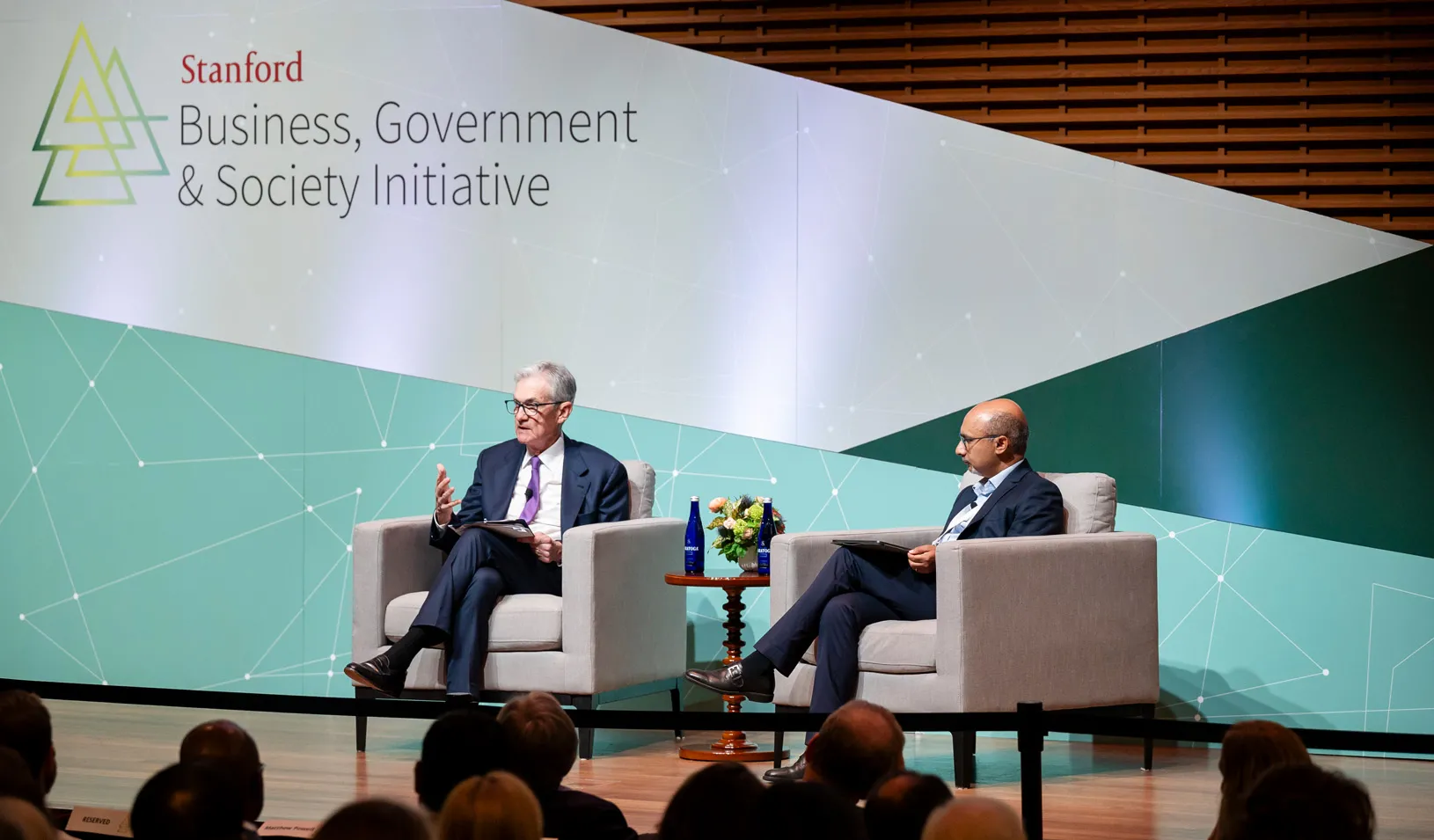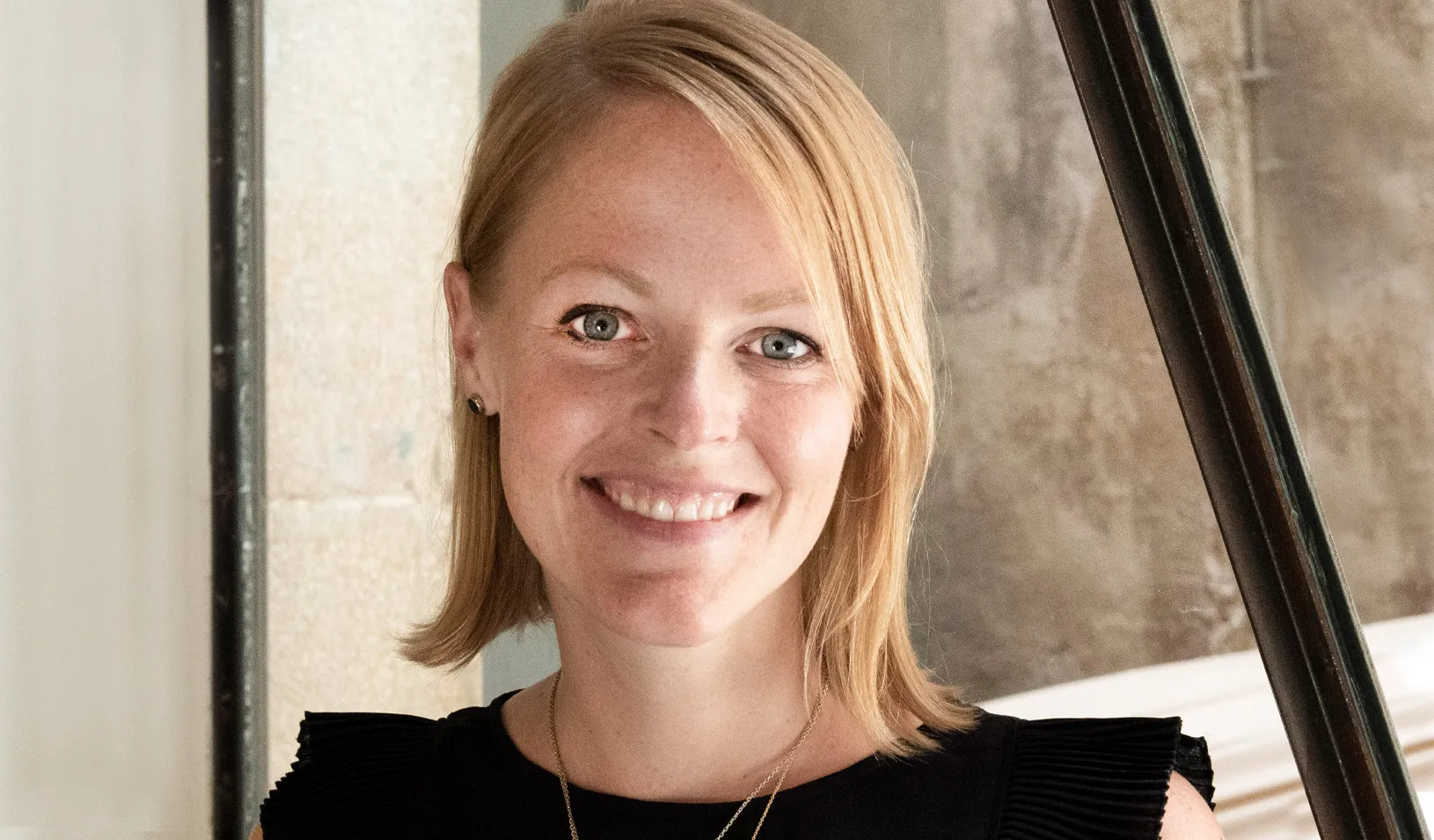Remarks by Dean Garth Saloner
The following is a transcript of the commencement address given by Garth Saloner.
June 16, 2012
Graduates, John Morgridge, honored guests, faculty, staff, families, and friends, welcome to the 2012 Graduation Ceremony at Stanford University’s Graduate School of Business.
At FOAM, in a time-honored tradition, you have declared yourselves to be “Friends of Arjay Miller!” I am so delighted that Arjay is with us today. Fittingly, Arjay will personally acknowledge the Arjay Miller Scholars when we hand out the MBA diplomas.
What does your graduation signify? At one level, of course, it means simply that you have satisfied the requirements for the degree. But as you know, studying at Stanford GSB means so much more than mastering the concepts of management; it is as much about personal transformation. As you sit before us anxious to receive your diplomas, I encourage you to reflect on how you have changed and grown during your time here. Your graduation today celebrates all that you have done and become, and your readiness to have a dramatic and positive impact on the organizations you will lead, manage, or found, and through those organizations, the communities they serve.
What you have accomplished in your time at Stanford GSB, you have not accomplished alone. You have learned and received help, guidance, mentorship, and support from many quarters, all of which are represented here today.
First, you are sitting shoulder to shoulder with your classmates as you have throughout your time here. Think how much you have learned from one another, in study groups, squads, students clubs, study trips, Talk12, the View From the Bottom, or just in quiet conversation together. You have forged bonds here that will become lifelong friendships that will nurture and sustain you in the years ahead. Take a moment to show your appreciation for one another.
Sitting behind me on the stage is a group of faculty who represent the more than 150 tenure line faculty and practitioners who have been your teachers, coaches, mentors, study trip companions, career advisors, and so much more. I would ask the faculty to stand so that your students can express their appreciation.
And at various locations throughout the amphitheater are staff from the MBA, Sloan, and PhD Programs. Without their tireless efforts on behalf of all of us, none of us would be celebrating here today. I ask the staff to stand, wherever they are, and be recognized. I want to take a moment to acknowledge the special contributions of the leaders of two programs who are presiding with us today for the final time — the Director of the Sloan Program, Marie Mookini, and Sharon Hoffman, the Director of the MBA Program. Please join me in recognizing them for their incredible contributions.
I have left the most important for last. Each of you has been supported by family and friends as you will be throughout your lives. They have provided encouragement, validation, love, and, yes, in many cases financial support too! While we will hand the diplomas to you, you know that in parentheses after your name belong the names of those who have nurtured you and supported you along the way. This is your opportunity to stand and say “thank you” to your friends and family who are celebrating your mutual accomplishment here today.
As most of you know my daughter Romy has just completed her first year in the MBA Program. She reminded me recently of a conversation we had some time in the Fall quarter over a latte in the TA café. She remarked at the time that it was really sinking in for her that our community had high expectations for those who had been privileged to gain admission here. That we take “change lives, change organizations, change the world” seriously. That we do everything we can to create an environment here where our students can harness their potential not only so they CAN go on to lives of consequence and meaning, but that we expect them to. What I was thinking was “Umm, haven’t you seen my license plate?” [which says “Change 3”] but, as she recalls I looked at her and said only one word: “Good!”
In this season of graduation I am often forwarded speeches that have been made at other institutions which, being on the semester system, graduate before us. This year I am struck by how many of them reference the role of luck in personal success. One can guess what the sentiments are in society today that are causing the national consciousness to dwell on the relative importance of privilege versus earned success. But I think that it is clear that while we can trace a great deal of what we have accomplished to our hard work, talents, and drive, we must surely admit — at least to ourselves in the privacy of our own thoughts — that for each of us good fortune has played a role — whether a helping hand along the way, a break on a college admissions decision, being born in the right place at the right time, or countless other reasons that others with the same talent endowments as us are less fortunately positioned. And surely at least that portion of our success creates an obligation to give back, to share our largesse with others.
As the Dean of Stanford GSB I am honored to be part of an alumni community that embraces a commitment to tackle the world’s greatest problems, to make an enduring, positive commitment to the world around us. Because the biggest challenges in the world today — in business, education, healthcare, the environment, public policy — are leadership and management challenges. It is in this spirit that I am so delighted to welcome all of you into Stanford GSB alumni community today.
It is now my privilege to introduce you to one such alumnus, John Morgridge.
John has had a long and accomplished career and I won’t regale you with all the details. But here are some of the most important. John grew up in Wisconsin and went to college at the University of Wisconsin where he had a variety of part-time jobs including washing equipment in a sweet pea cannery, digging stone at a quarry, washing walls in Milwaukee’s Pabst Brewery, doing road construction on Highway 64, and working as a railroad brakeman. He went on to earn his MBA from the Stanford GSB in 1957.
The crowning achievement of a long and successful career occurred when he took the helm of the fledgling Cisco systems in 1988. Under his leadership the company’s revenues grew from a mere $5 million to more than a billion dollars by 1995, and the number of employees from 34 to over 2250. As such, John presided over the growth of one of the great Silicon Valley success stories, in the process nurturing a unique culture than enabled the company to continue to thrive and scale after he stepped down as CEO.
John met his wife Tashia in high school and the two of them have joined the Giving Pledge, pledging to donate the majority of their wealth to philanthropic causes.
John is a trustee of Stanford University and a member of Stanford GSB’s Advisory Council. In 1996, he received the Stanford GSB’s Arbuckle Award for excellence in management leadership.
Numerous Stanford GSB classes have had the privilege of learning from John in his role as a lecturer, and many more from his guest appearances in classes he has taught at the behest of other faculty, myself included. I feel privileged to count John among the school’s closest advisors. I have learned so much from him, in so many different capacities.
Please join me in giving John Morgridge a warm Stanford GSB welcome!
For media inquiries, visit the Newsroom.
Explore More
Back to Class: Pathfinder

Business, Government, and Society Forum Looks at New Demands on Leadership

Erin Nixon Joins Stanford GSB as Assistant Dean of Admissions
